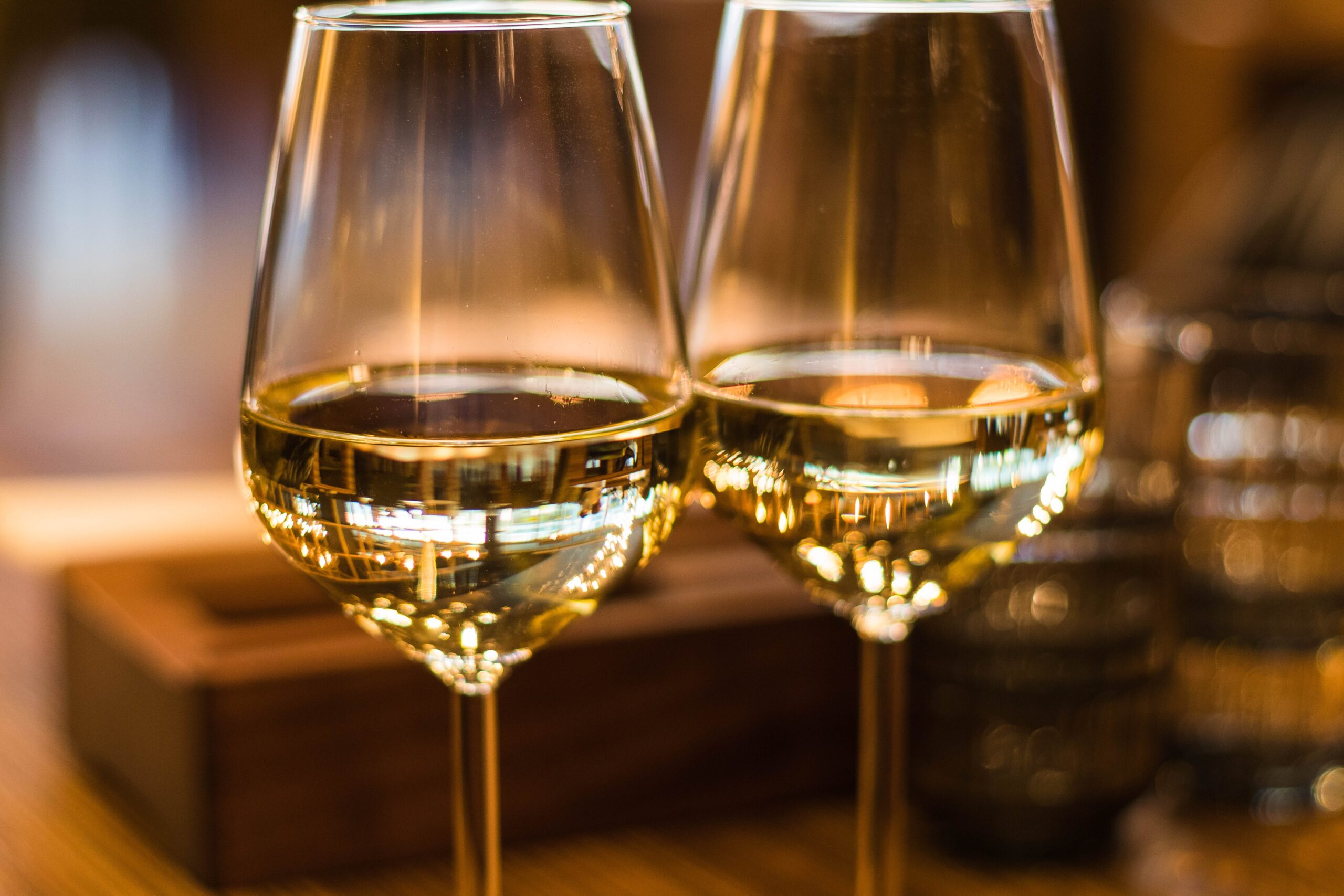
Experience Sustainable Wineries: Conscious Wine Tasting with UpValley Inn & Hot Springs
As environmental consciousness becomes increasingly important, choosing to support sustainable wineries in Napa Valley is more significant than ever before. UpValley Inn & Hot Springs, an eco-friendly boutique hotel, is proud to present a guide to Napa Valley’s sustainable wineries.
In this comprehensive resource, we’ll guide you through top eco-conscious vineyards, highlighting their vital environmental practices and the unique wine tasting experiences they offer. During your stay at UpValley Inn & Hot Springs, you can indulge in world-class wines while knowing that you’re supporting businesses dedicated to minimizing their impact on the environment.
1. Pioneers of Sustainable Winemaking in Napa Valley
Sustainable practices in Napa Valley have evolved over time, with several wineries at the forefront of this movement. Here’s an insight into just a few of them and the initiatives that led them to become trailblazers:
– Frog’s Leap Winery: A certified organic winery since 1988, Frog’s Leap Winery prioritizes using dry farming methods to conserve water and nurturing healthy soils to improve their vineyards’ biodiversity. Their commitment to sustainability also extends to their facility – a solar-powered and energy-efficient LEED-certified building.
– St. Supéry Estate Vineyards and Winery: This Napa Green Certified winery focuses on sustainable and environmentally friendly practices in both their vineyard and production facilities. Their innovative strategies include the use of natural insect predators for pest control, planting cover crops for soil protection, and using eco-friendly packaging materials.
2. Innovative Sustainable Winemaking Techniques
As the demand for sustainable wine production grows, many wineries have employed inventive techniques that help minimize their environmental footprint while maintaining the quality of their wines. Let’s explore some of these groundbreaking methods:
– Biodynamic Farming: This holistic approach to agriculture goes beyond organic standards to create a self-sustaining ecosystem. Wineries such as Grgich Hills Estate and Benziger Family Winery employ Biodynamic farming techniques, emphasizing soil health, biodiversity, and the use of natural remedies.
– Alternative Energy Sources: Many Napa Valley wineries, such as Silver Oak, have embraced solar-powered systems to reduce energy consumption. Others have adopted energy-efficient practices, including energy-saving lighting, insulation techniques, and recycling.
– Water Conservation Measures: Wineries like Cakebread Cellars have installed state-of-the-art irrigation systems, using drip irrigation and weather-monitoring technologies to preserve water. Additionally, several wineries reuse and recycle their water, limiting waste and conserving this precious resource.
3. Exploring Napa Valley’s Sustainable Wineries
With a wide range of sustainable wineries in Napa Valley, you’ll find plenty of options to participate in eco-conscious wine tastings:
– Honig Vineyard and Winery: This family-owned winery offers an eco-friendly wine tasting tour that takes you through their vineyards, discussing sustainable farming practices and the winery’s commitment to preserving the environment.
– Tres Sabores: Visit this organic and Biodynamic-certified winery in Rutherford for an intimate tasting experience. Their vineyards are home to a variety of animals and plants, emphasizing their dedication to a diverse and balanced agricultural approach.
– CADE Winery: Perched atop Howell Mountain, this LEED Gold Certified winery boasts stunning views, which you can enjoy during an estate tasting. Their eco-friendly building design, paired with the use of organic and sustainable farming practices, makes CADE Winery an exemplar of modern environmental responsibility.
4. Supporting Sustainable Wine Producers
Apart from visiting sustainable wineries in Napa Valley, you can also support environmentally friendly wine producers by making informed choices when purchasing wines. Here’s how:
– Check for Certifications: Look for certifications like Napa Green, California Sustainable Winegrowing, and Certified Biodynamic. These designations indicate a winery’s commitment to implementing sustainable, environmentally friendly practices.
– Do Your Research: Research a winery’s background, looking for information on their winemaking techniques, farming practices, and environmental initiatives.
– Pay Attention to Packaging: Look for eco-friendly packaging materials, including lightweight bottles, recyclable materials, and biodegradable labels. These packaging choices can significantly reduce a wine’s overall environmental impact.
Leaving a Smaller Footprint, One Glass at a Time
As you indulge in the art of wine tasting across Napa Valley’s sustainable wineries, you can truly enjoy each swirl, sip, and savored moment, knowing you’ve made a conscious effort to minimize your environmental impact. By supporting these environmentally responsible wineries and continuing to make informed choices, you’ll aid in preserving Napa Valley’s beautiful landscapes and environment for generations to come.
Nestled in the heart of Napa Valley wine country, UpValley Inn & Hot Springs embraces the same commitment to sustainability by providing eco-friendly luxury accommodations. Enjoy the exceptional wine tasting experience our region has to offer, and let our friendly staff help plan your sustainable wine country adventure. Book your Napa Valley stay at UpValley Inn & Hot Springs today, and raise a glass to the stunning beauty of Napa Valley and the winemakers forging a greener future.
